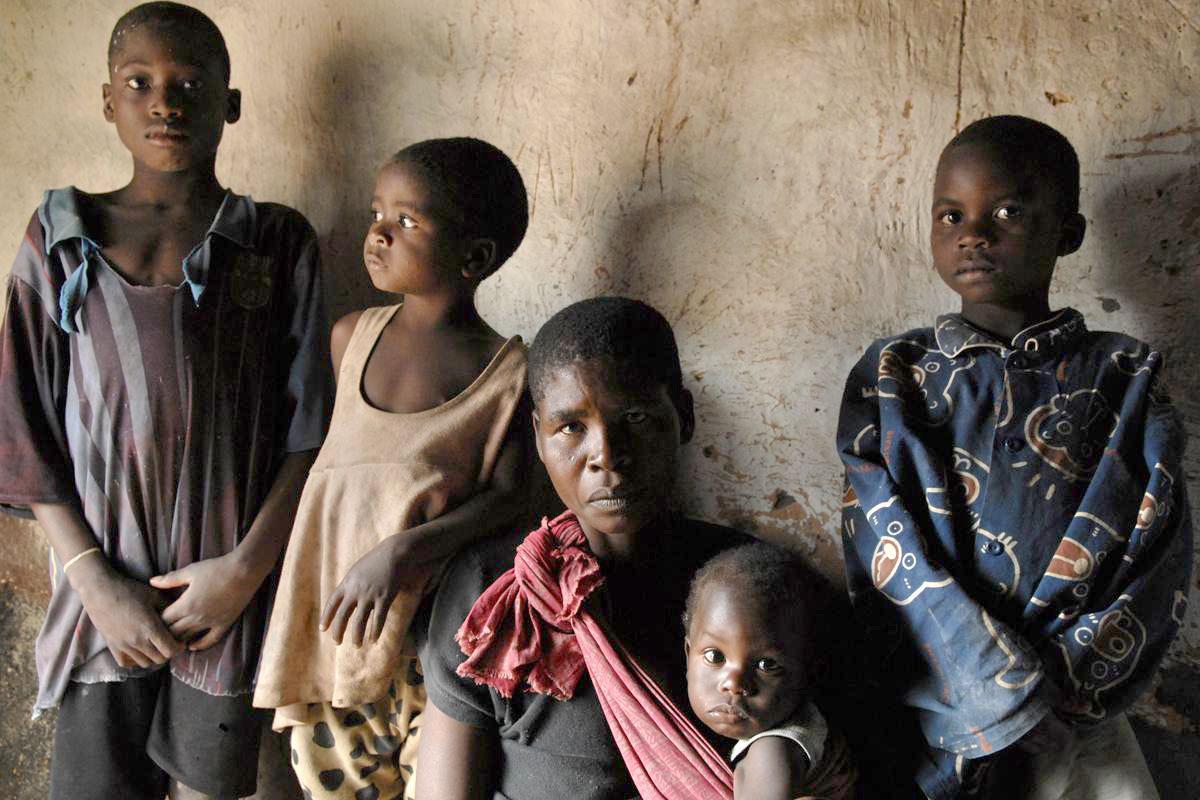Escaping from danger is daunting, but leaving a country for the United States can be too. For six years, the United States Committee for Refugees and Immigrants has worked to aid refugees and immigrants in Raleigh.
USCRI, a non-profit agency headquartered in Washington D.C., resettles refugees and immigrants from various parts of the world to the U.S. The organization opened a North Carolina office in Raleigh in 2007.
“Basically as a resettlement agency, we are offering services to refugees that come to the United States,” said Rebecca Rolfe, volunteer coordinator and coordinator of USCRI-NC’s Welcome Home Project. “We start pretty much before they arrive with pre-arrival planning.”
USCRI receives a notice that a refugee is scheduled to arrive, arranges housing—an apartment equipped with donated furniture— and insures food and medical care are available. When the refugee arrives, a USCRI volunteer picks the immigrant up from the airport with an interpreter to ‘welcome them home.’
“The main goal of our agency is to really support refugees in their transition into American life and help them on that path to self-suffiency,” Rolfe said. “And we do that through a number of different ways.”
USCRI provides cultural orientation workshops to teach the refugees about American life and it connects immigrants with ESL and vocational training courses at Wake Tech. Employment services are another facet of USCRI-NC.
“We are really trying to get [immigrants] that first job in the United States because obviously that is a really important aspect of self-sufficiency, being able to support yourself financially,” Rolfe said.
Refugees jump over hurdles in order to arrive in the United States to start—they typically leave home due to fear of persecution based upon race, religious background, nationality or creed.
“They may arrive in a refugee camp in a neighboring country, for example.” Rolfe said. “And once they are there they register for refugee status through the UN.”
Only one percent of refugees resettle to a third country other than the U.S. and USCRI typically gives two options—stay in the U.S. or return home.
“For example if a country was at war and signed a peace agreement that is of course the ideal [situation] for people to be able to return home,” Rolfe said.
If that does not look like it would be an option, they see if they can integrate the refugees into the geographic area they have escaped to—if that fails they look into resettling into a third country.
“But resettlement depends on quite a few different things,” Rolfe said. “In order to resettle into the United States particularly, you have to pass through quite a few different security clearances, background checks and medical clearances— this is a process that could take a few years.”
Once they jump through all of the necessary hoops, they have a legal status as a refugee in America for one year. They then are eligible to apply for their green card. After five years they are eligible for U.S. citizenship.
“As a non-profit we have some funding restrictions,” Rolfe said. “It is always great for us to have groups that can donate all of the furniture and all of the household items necessary for a refugee home,” Rolfe said.
Organizers of the Welcome Home Project provide a list of required household items for refugees’ future homes. Groups and individuals typically collect these items over the span of a month. Rolfe said Goodwill and donation drives typically source home-items for incoming refugees.
“We are really trying to place a strong emphasis on people having the items donated,” Rolfe said.
Once volunteers are matched with a refugee family they begin arranging the apartment for a family. The key is to move in furniture to create a home away from home before arrival. USCRI briefs volunteers about a family’s cultural background to keep in mind when setting up the home.
“It’s an awesome way for groups to get involved because first of all the group has this connection to the family already, they have been working for a month or so to gather all of these donations for the family,” Rolfe said. “That anticipation has been building because of the hard work they have put in to set up the home.”
USCRI strives to make the refugees feel welcome. They want refugees to know people are excited to be in the U.S.
“It’s really a great feeling for the refugee to have, because as a refugee agency they know we are here to support them. That’s our job, but to see that people outside of the agency are also excited and welcoming to them is great,” Rolfe said. “It’s great for them to see that people are excited for them to start their new lives here.”
North Carolina is the 10th most popular state for resettlement and Raleigh is popular due to public transportation, job opportunities, universities, and relatively affordable housing.
“I think it’s important for people to know that refugees are here in North Carolina and that they are active participants in the community—hey some of your classmates may even be refugees,” Rolfe said.
To get involved with USCRI-NC, contact Rebecca Rolfe through her email address rrolfe@uscrinc.org.








